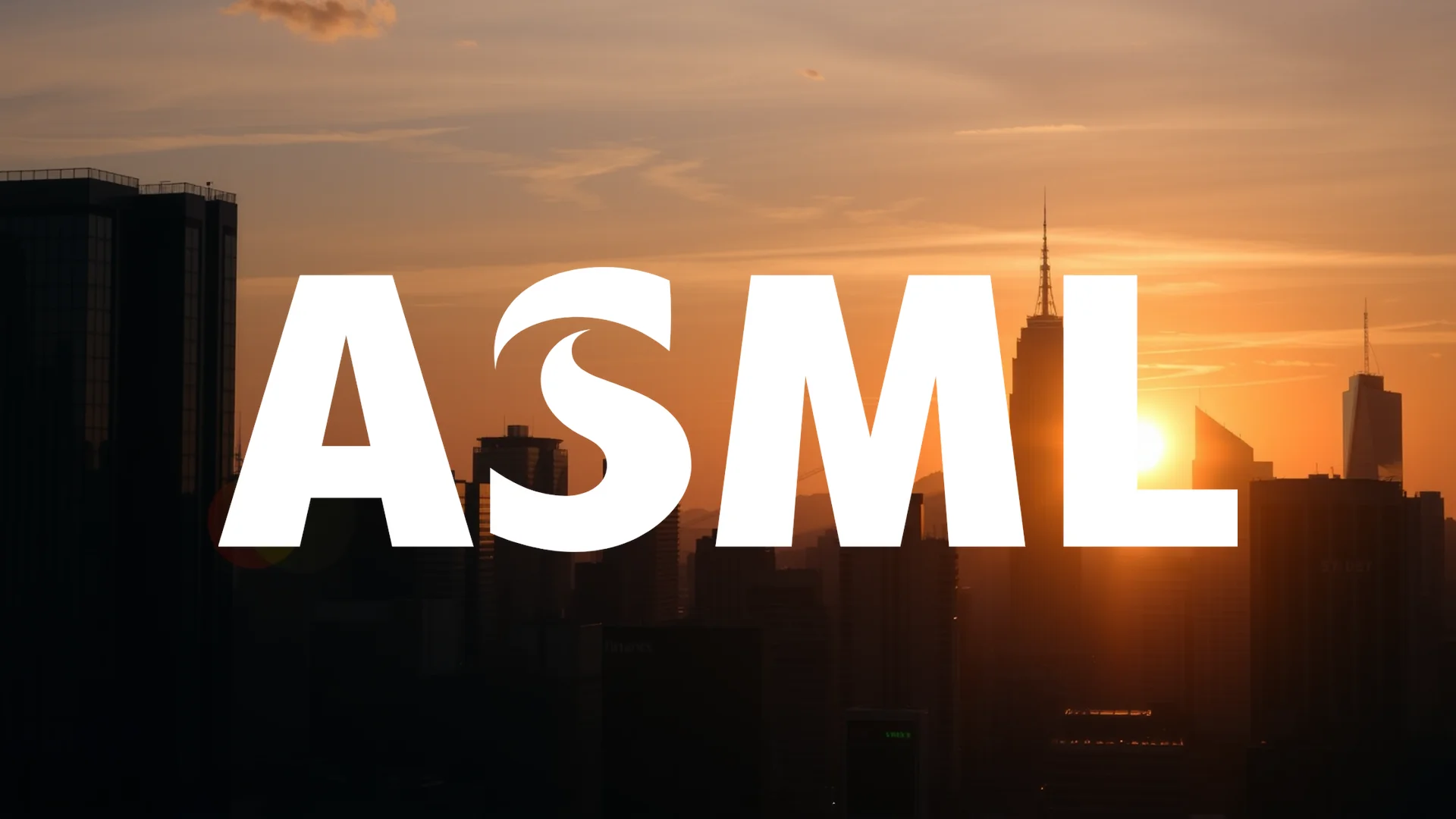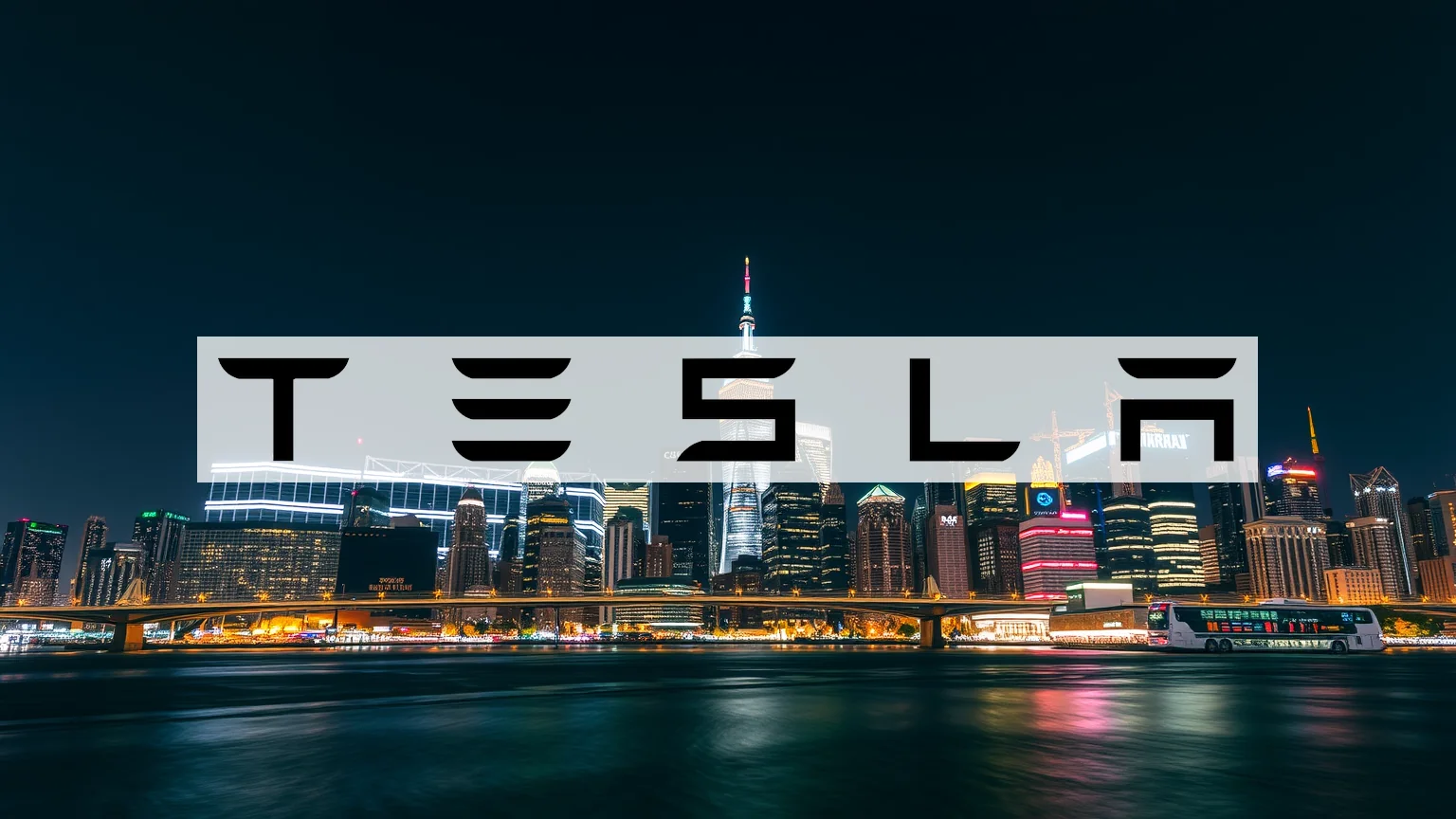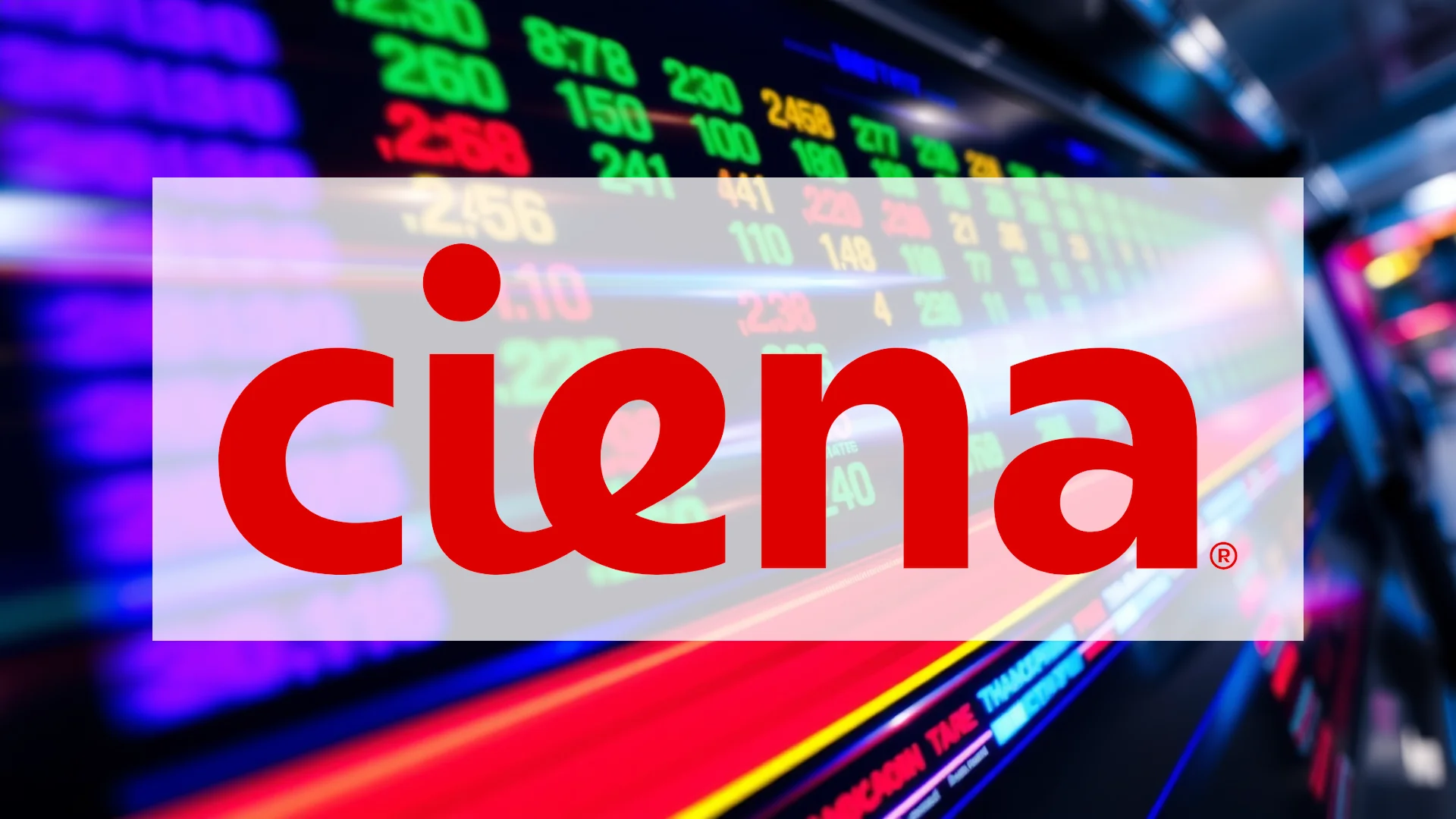The ongoing technology conflict between the United States and China has ensnared Dutch semiconductor equipment manufacturer ASML once again. In a significant escalation, Washington has intensified export controls on chip manufacturing gear, directly impacting two industry titans: Samsung and SK Hynix. These firms have now lost their special authorizations to import critical equipment into their Chinese production facilities. This development poses a substantial risk to ASML, for which the Chinese market represents approximately 20% of its annual revenue.
Key Customers Face New Restrictions
Last Friday, the US Commerce Department officially revoked the import licenses previously held by Samsung Electronics and SK Hynix. This regulatory move means the South Korean conglomerates can no longer bring specific types of semiconductor manufacturing equipment into their China-based plants without obtaining new, individual approvals.
While ASML is headquartered in the Netherlands, its sophisticated lithography systems incorporate US technology, placing the company firmly within the jurisdiction of American regulators. The broadening of these restrictions also affects other global equipment suppliers, including Applied Materials, Lam Research, and Japan’s Tokyo Electron. The latest measures mark a pivotal shift by also targeting the Chinese operations of major non-Chinese corporations that are vital clients for firms like ASML. Both Samsung and SK Hynix rank among the world’s largest memory chip producers and are significant purchasers of Dutch equipment.
Should investors sell immediately? Or is it worth buying ASML?
Revenue Projections Under Pressure
The company had previously indicated that its business in China—encompassing both system sales and service contracts—was projected to account for roughly 20 percent of its total sales in 2025. ASML’s management had operated under the assumption that existing export limitations were manageable within its overall revenue forecast of €30 to €35 billion.
The abrupt withdrawal of these critical import licenses creates immediate uncertainty surrounding equipment deliveries and necessary upgrades for two of the planet’s biggest memory manufacturers. Potential interruptions at their Chinese fabrication plants could lead to production shortfalls and quality control issues, which would directly influence future order volumes for ASML.
Investors Await Clarity on Financial Impact
The central question now preoccupying market observers is the extent of the financial damage this new regulatory action will inflict on ASML’s performance. The company has not yet issued an official statement addressing the situation. Investors are likely to gain a clearer picture of the concrete repercussions on October 15th, when ASML is scheduled to release its next quarterly earnings report.
Ad
ASML Stock: Buy or Sell?! New ASML Analysis from February 8 delivers the answer:
The latest ASML figures speak for themselves: Urgent action needed for ASML investors. Is it worth buying or should you sell? Find out what to do now in the current free analysis from February 8.
ASML: Buy or sell? Read more here...











